Prof. Maria Laura Bolognesi, University of Bologna, Italy
Leveraging medicinal chemistry for the United Nations Sustainable Development Goals
Dr. Rachael Dickman, University College London, UK
Discovery and structure-activity-relationships of cyclic antimicrobial peptides
Dr. Stephanie Federico, University of Trieste, Italy
Casein Kinase 1: Where We Are and Where We are Going
Dr. Miguel Angel González Cardenete, Universitat Politecnica de Valencia-CSIC, Spain
Discoveries in natural products chemistry from renewable biomass: addressing synthetic and therapeutic challenges, abietanes’ story
Prof. Christophe Rochais, Université de Caen Normandie, France
Pleiotropic prodrugs: a polypharmacological approach to the treatment of neurodegenerative diseases
Prof. Serge Van Calenbergh, Ghent University, Belgium
Purine nucleoside analogues as promising agents against protozoan pathogens in humans and livestock
Dr. Trinidad Velasco-Torrijos, Maynooth University, Co. Kildare, Ireland
Glycoconjugates as anti-virulence agents to combat fungal infection
Prof. Michele Vendruscolo, University of Cambridge, UK
Expediting Drug Discovery for Undruggable Targets Using AI
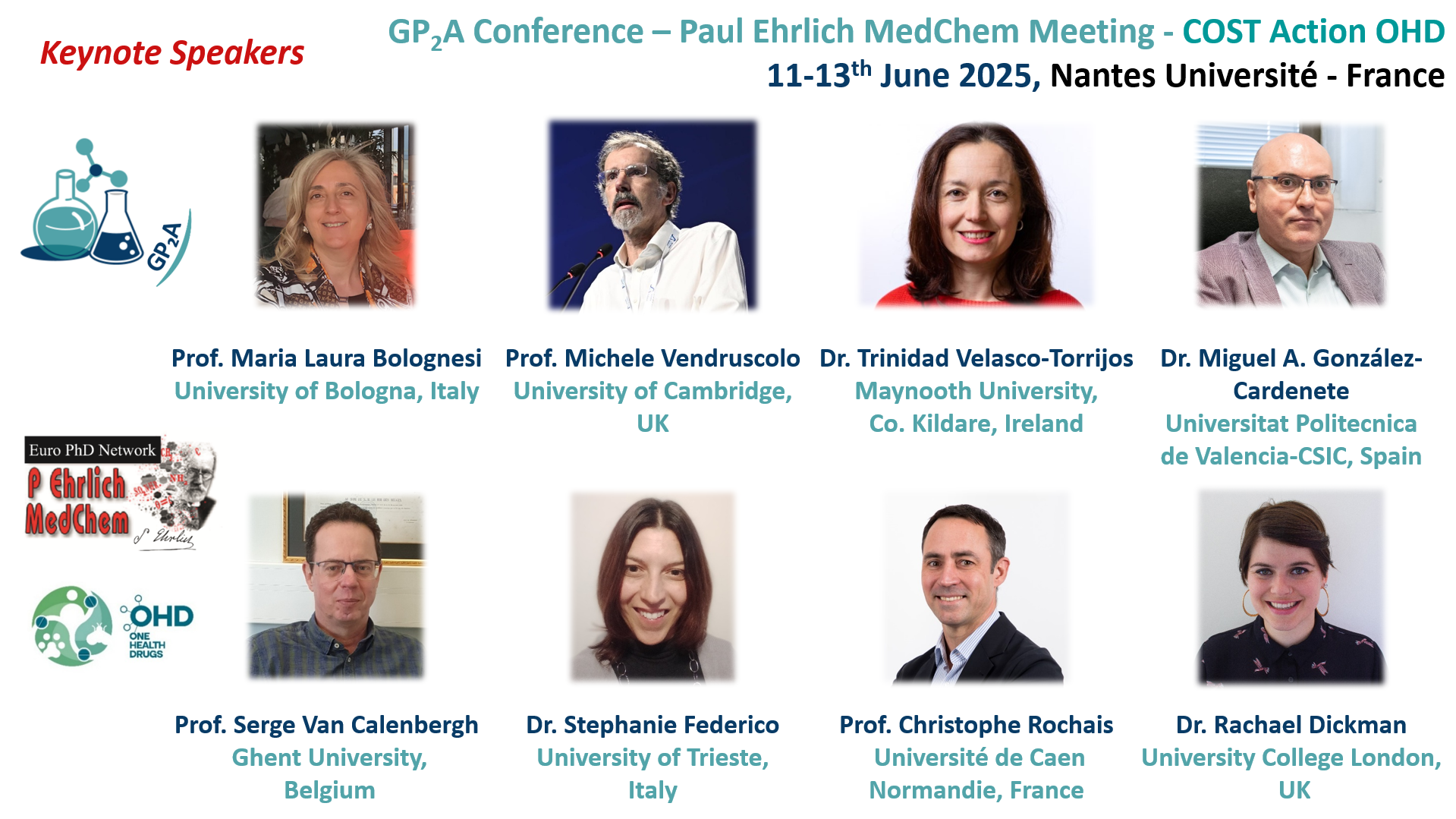
Biographies
Prof. Maria Laura Bolognesi, University of Bologna, Italy
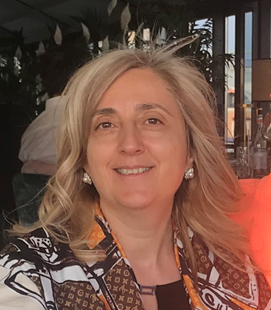
Maria-Laura Bolognesi is a Professor of Medicinal Chemistry at the University of Bologna. Here research focuses on the development of small molecules targeting neurodegenerative and neglected tropical diseases. She has authored over 200 publications and delivered more than 100 invited lectures worldwide. She was a Visiting Professor at the Complutense University of Madrid (2009), PVE Fellow at the University of Brasilia (2014-2018), and Professeur Invité at Université Caen-Normandie (2018). She has previously served as President of the Medicinal Chemistry Division of the Italian Chemical Society (2021-2024), and is currently serving as Associate Editor of the Journal of Medicinal Chemistry (ACS) and member of the Advisory Board of the European Federation of Medicinal Chemistry (EFMC). From 2024, she has been nominated by the Italian National Agency for the Evaluation of University and Research Systems (ANVUR) as Coordinator of the Group of Evaluation Experts (GEV) for Chemistry.
Dr. Rachael Dickman, University College London, UK
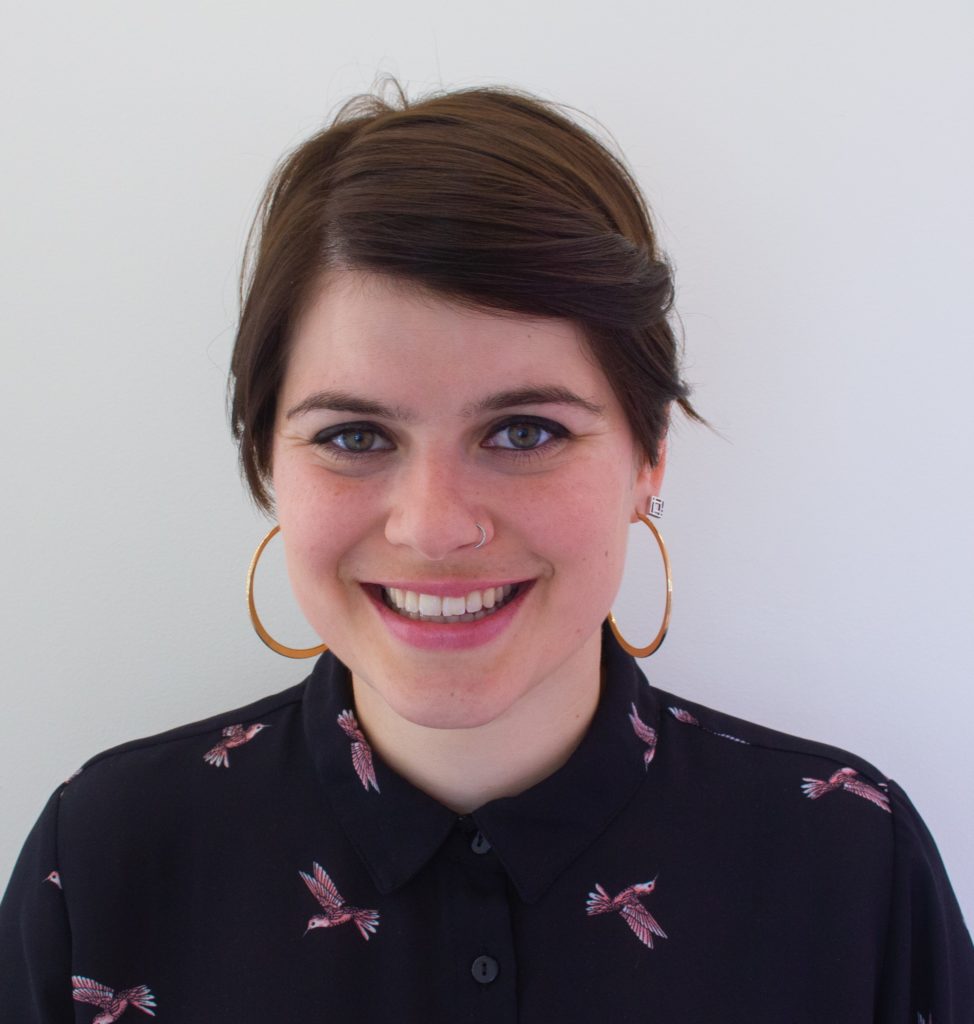
Rachael Dickman obtained an MChem in Medicinal Chemistry from the University of Manchester in 2013, followed by a PhD from UCL in 2018 under the supervision of Professor Alethea Tabor. Following postdoctoral research with Professor Máté Erdélyi at Uppsala University, Sweden, she returned to the Department of Chemistry at UCL as an EPSRC Doctoral Prize Fellow to work with Professor Stefan Howorka and Professor Alethea Tabor. In 2020, Rachael joined the School of Pharmacy at UCL as Lecturer in Drug Discovery. Rachael’s research aims to develop new peptide drugs to treat infections and diseases. A primary interest of her research group is antimicrobial compounds produced by nature, particularly solid-phase synthesis of complex cyclic peptides and their analogues. Other applications her group is currently working on include peptide treatments for neurodegeneration as a result of injury or disease.
Dr. Stephanie Federico, University of Trieste, Italy
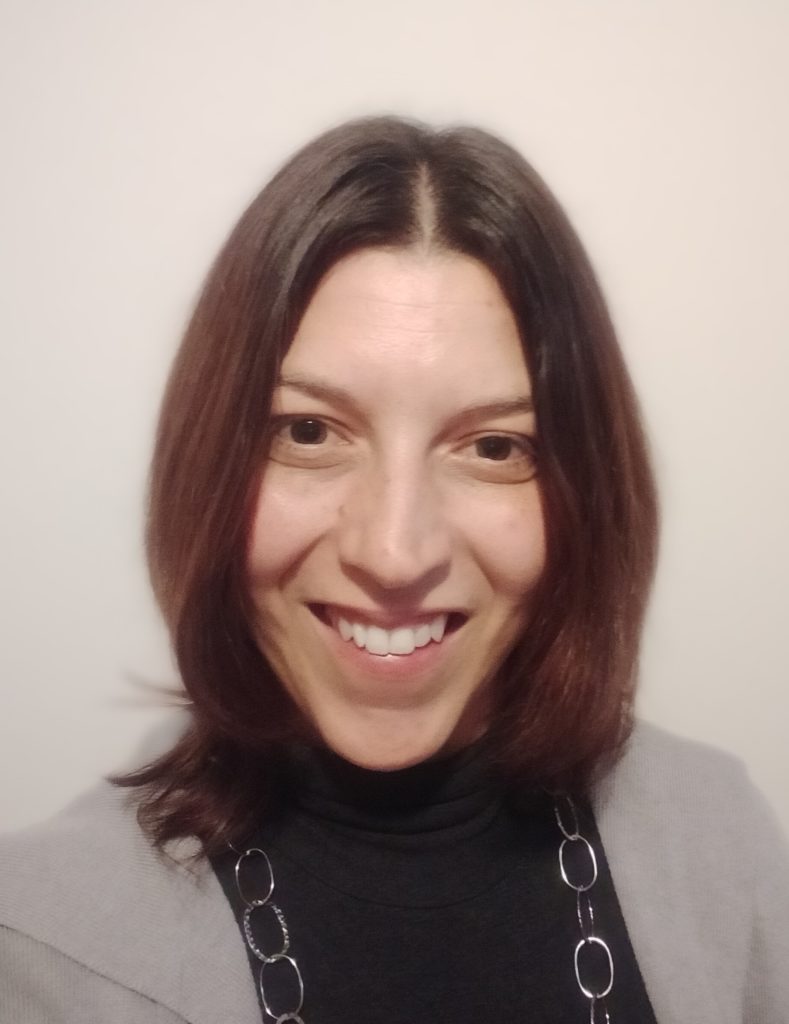
Stephanie Federico received her PhD in Chemical and Pharmaceutical Sciences from the University of Trieste, where she became Assistant Professor in 2013. After a brief research period in 2016 at the University of Bonn in the group of Prof. Christa E. Muller, she returned to the University of Trieste, where she was appointed Associate Professor in Medicinal Chemistry in 2021. Her research primarily focuses on the design, synthesis, and characterization of heterocyclic compounds as ligands for specific target proteins. In particular, her work includes the development of CK1δ inhibitors, adenosine receptor antagonists, and 5’-ecto-nucleotidase (CD73) inhibitors, with a special emphasis on applications in neuroinflammation and neurodegenerative diseases.
Dr. Miguel Angel González Cardenete, Universitat Politecnica de Valencia-CSIC, Spain
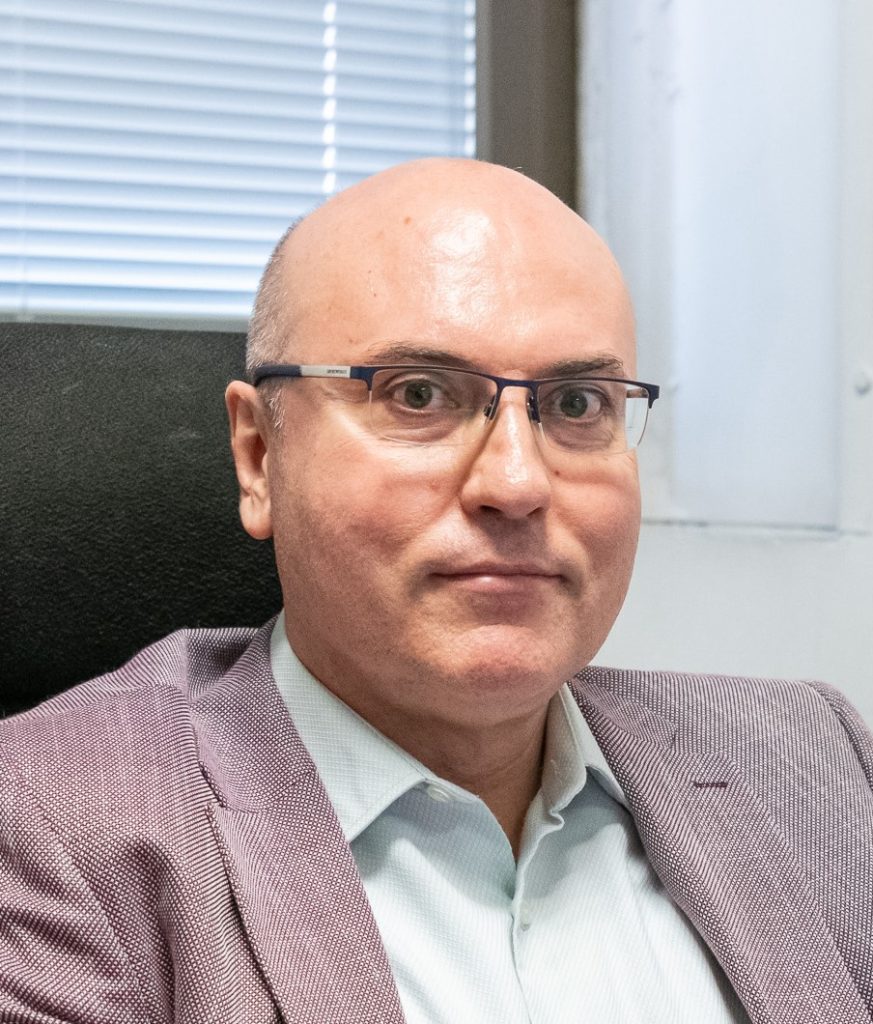
Miguel Angel González Cardenete studied Chemistry at the University of Valencia, Spain, where he obtained a Bachelor’s Degree in 1995, a Master’s Degree (1997, Excellent) and finally a Doctorate in Chemistry (2001, Excellent Cum laude, PhD Extraordinary award). In his Doctorate under the supervision of Professors Manuel Arnó Giribet and Ramón José Zaragozá Cardells, he developed the synthesis of a variety of skeletons of terpenoid natural products and started collaborations to study their biological properties. Also, he joined the group of Prof. Gerald Pattenden at the University of Nottingham (UK) to study radical cascade reactions for obtaining polycyclic systems. At the end of the Doctorate, he went back to the Pattenden’s group as Postdoctoral researcher and worked on a project for the synthesis of one of the most potent antitumor agents known to date, the Phorboxazole A. Then, he made a Postdoctoral stay with a Fulbright fellowship in the group of Prof. Emmanuel A. Theodorakis at the University of California, San Diego (USA). After three years of postdoctoral research abroad, he returned to Spain to work as “Ramón y Cajal” researcher at the University of Valencia, where he worked in two research lines, development of synthetic methodology and medicinal chemistry from natural compounds. There, he worked as Assistant Professor and senior researcher. In 2015, he got a position as tenured scientist at the Spanish National Research Council (CSIC) and moved to the Institute of Chemical Technology as Principal Investigator of the group “Synthetic and Therapeutic Chemistry of Natural Products”. Main lines of research: 1- Sustainable synthesis of Natural Products, derivatives and analogues of pharmacological interest. 2- Medicinal Chemistry. His research has led to more than 60 publications and conference communications and one patent. Most pat of his research has been devoted to the development of antivirals for Dengue, Zika and Chikungunya, recently, started projects for anti-Coronavirus agents and has also worked in the development of antitumor compounds from natural product analogues.
Prof. Christophe Rochais, Université de Caen Normandie, France
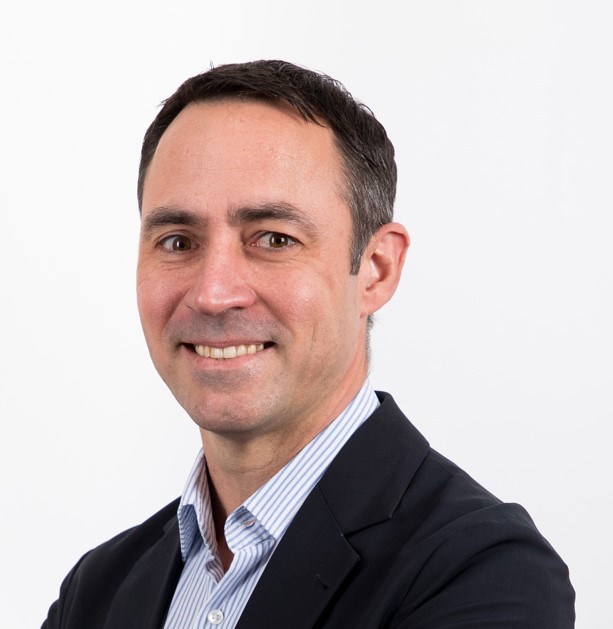
Christophe Rochais received his engineering degree in chemistry from the Ecole Nationale Supérieure de Chimie de Mulhouse (ENSCMu) in 2002 and completed his PhD under the supervision of Prof. S. Rault at the University of Caen Basse-Normandie from 2002 to 2005. Following his doctoral studies, he undertook a postdoctoral fellowship at the Centre for Biomolecular Sciences, University of Nottingham, under the guidance of Prof. Peter M. Fischer. In 2007, h joined the Faculty of Pharmacy at the Université Caen Normandie as a Lecturer in Organic Chemistry and was promoted Professor of Organic Chemistry in 2014. His research focuses on medicinal chemistry, particularly in enzymatic inhibition and receptor modulation, aimed at developing pharmacological tools and bioactive compounds. Since 2012, he has been leading a research group dedicated to the design and development of pleiotropic compounds for the treatment of Alzheimer’s disease. He served as the Director of the Centre d’Études et de Recherche sur le Médicament de Normandie (CERMN), a position he holds until 2024. He is also a member of the French National Academy of Pharmacy. He has authored over 80 international publications and patents and has presented at more than 50 international conferences.
Prof. Serge Van Calenbergh, Ghent University, Belgium
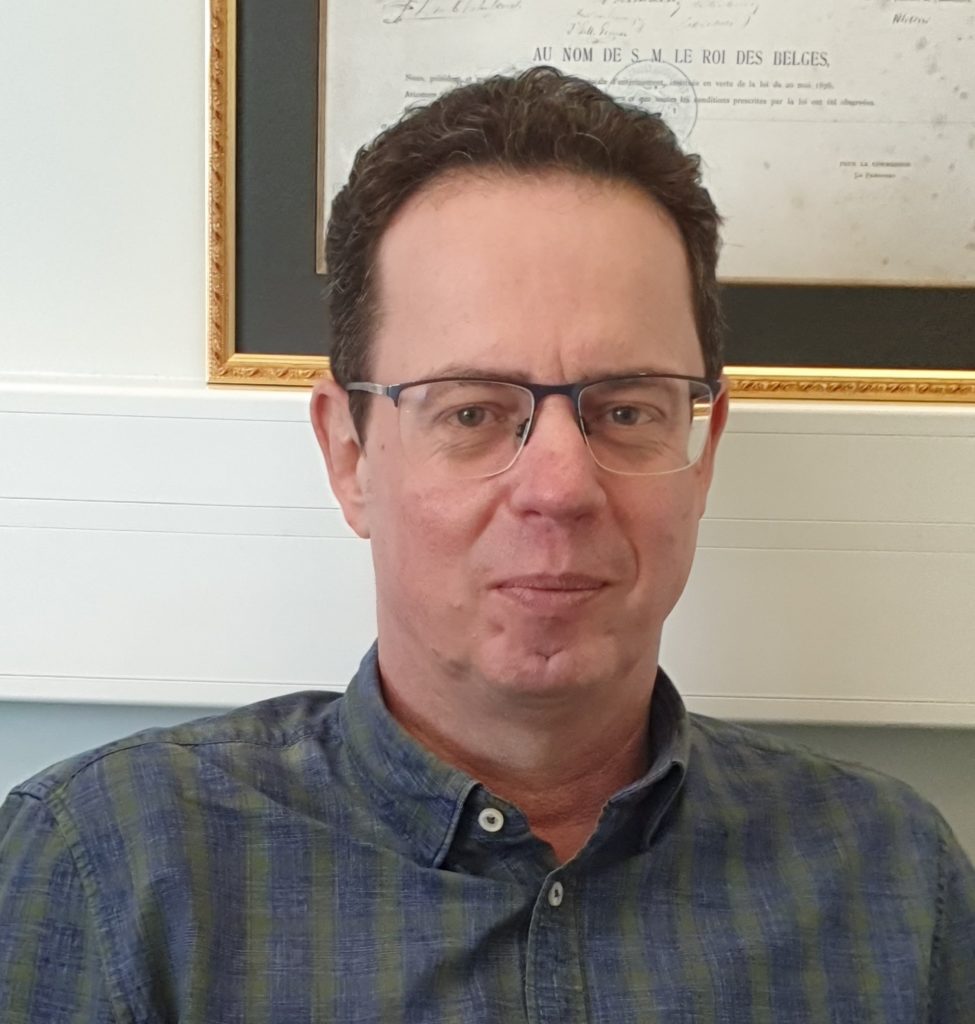
Serge Van Calenbergh began his PhD research under the supervision of Prof. Piet Herdewijn at the REGA Institute in Leuven. Returning to Ghent, he established a synthetic chemistry lab from scratch at the Faculty of Pharmaceutical Sciences, where he completed his PhD in 1995. After four years of postdoctoral research at the University of Iowa and Ghent University, he took charge of the Laboratory for Medicinal Chemistry in 1999 as an assistant professor, rising to full professor in 2018. His research group focuses on developing novel small-molecule modulators, either as tool compounds for emerging targets/pathways or as lead compounds for conditions with unmet medical needs. To advance these goals, he has built strong national and international collaborations. A significant portion of his work has been dedicated to infectious diseases, including neglected diseases. Recently, his team has identified promising lead compounds against diseases caused by trypanosomatids and related protozoa in collaboration with Prof. Guy Caljon. From a chemical perspective, his expertise spans nucleoside analogues, phosphonates, glycosphingolipids, and conjugates such as PROTACs, bivalent GPCR ligands, and photocaged drugs. Since 2000, he has successfully supervised 25 PhD students and currently mentors six. His academic contributions include approximately 225 scientific publications and nine patents. Beyond research, he has taken on several leadership roles within his faculty. From 2014 to 2022, he served as faculty director of education. Since 2022, he has been a faculty board member and the academic coordinator of the International Master Programme in Sustainable Chemistry (S-DISCO). His contributions to the medicinal chemistry community extend to his role as a Council Member of the European Federation for Medicinal Chemistry (EFMC) since 2008. From 2022 to 2024, he chaired the Paul Ehrlich MedChem Euro-PhD Network.
Dr. Trinidad Velasco-Torrijos, Maynooth University, Co. Kildare, Ireland
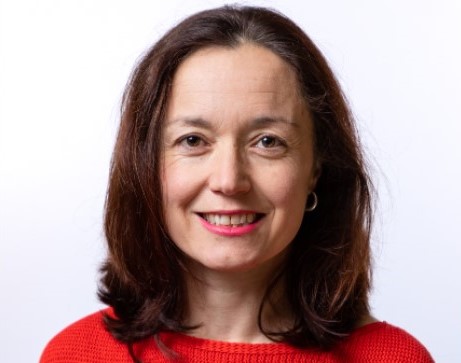
Trinidad Velasco-Torrijos is an Associate Professor in Pharmaceutical Chemistry at Maynooth University (Ireland). After graduating in Organic Chemistry from Universidad Autonoma de Madrid (Spain), she joined the group of Prof Tony Davis (first in Trinity College Dublin, moving later to the University of Bristol, United Kingdom) to pursue doctoral studies, which she completed in 2002. Her PhD research was in the field of supramolecular chemistry, specifically in the recognition of carbohydrates by synthetic receptors. Trinidad then carried out a postdoctoral stay with Prof Annemieke Madder at Ghent University (Belgium) in 2003, before returning to Ireland where she held a Marie Curie postdoctoral fellowship in the group of Prof Paul Murphy at University College Dublin. She was appointed as lecturer in Pharmaceutical Chemistry in Maynooth University in 2007, where she established her independent research group, becoming Associate Professor in 2020. Trinidad is also Principal Investigator at the Kathleen Lonsdale Institute for Human Health Research at Maynooth University. She is an active member of the glycoscience and medicinal chemistry community in Ireland and abroad, being part of several European networks and collaborations. Her research interests and expertise are in the synthesis of carbohydrate-based soft materials and bioactive compounds. In particular, the group is interested in the development of carbohydrate derivatives, glycomimetics and glycoconjugates that can modulate physical and biological adhesion processes involved in diseases such as cancer and infection.
Prof. Michele Vendruscolo, University of Cambridge, UK
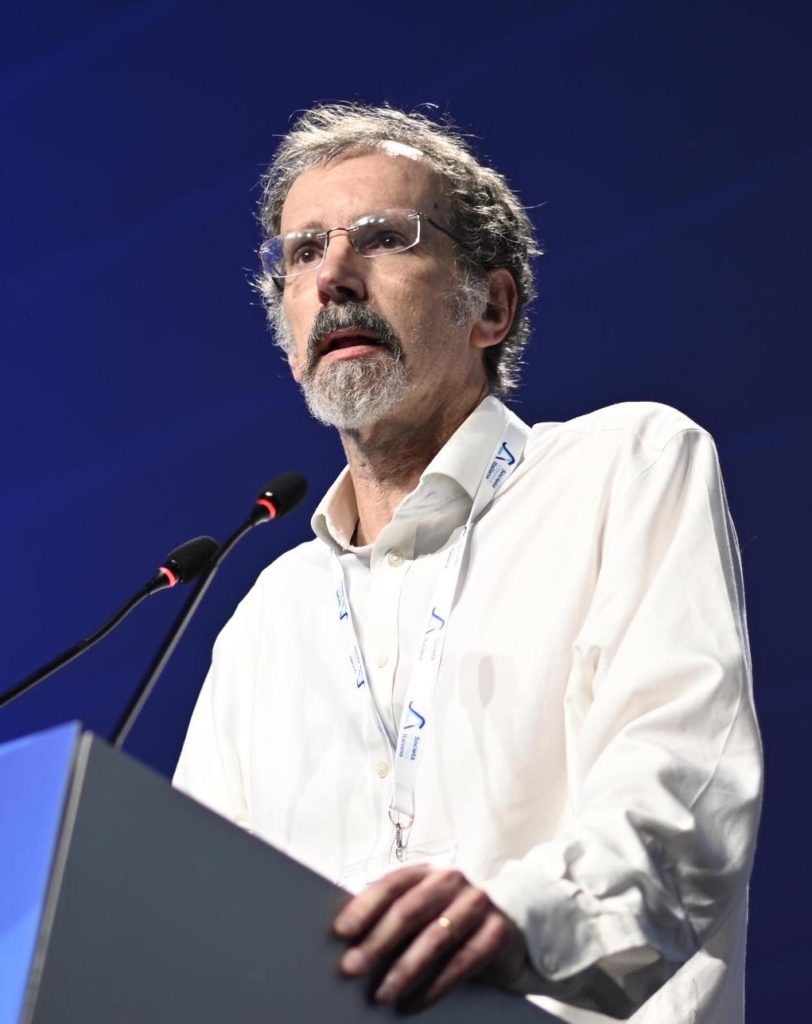
Michele Vendruscolo is Professor of Biophysics, Director of the Chemistry of Health Laboratory and Co-Director of the Centre for Misfolding Diseases at the Department of Chemistry of the University of Cambridge, where he moved over 20 years ago. His work is aimed at establishing the fundamental principles of protein homeostasis and protein aggregation, and at exploiting these principles to develop methods for drug discovery in neurodegenerative diseases. He has published over 500 scientific papers and 20 patents, and given over 500 invited lectures at international meetings. He has been founder and chief scientific officer of Wren Therapeutics (now WaveBreak Therapeutics).